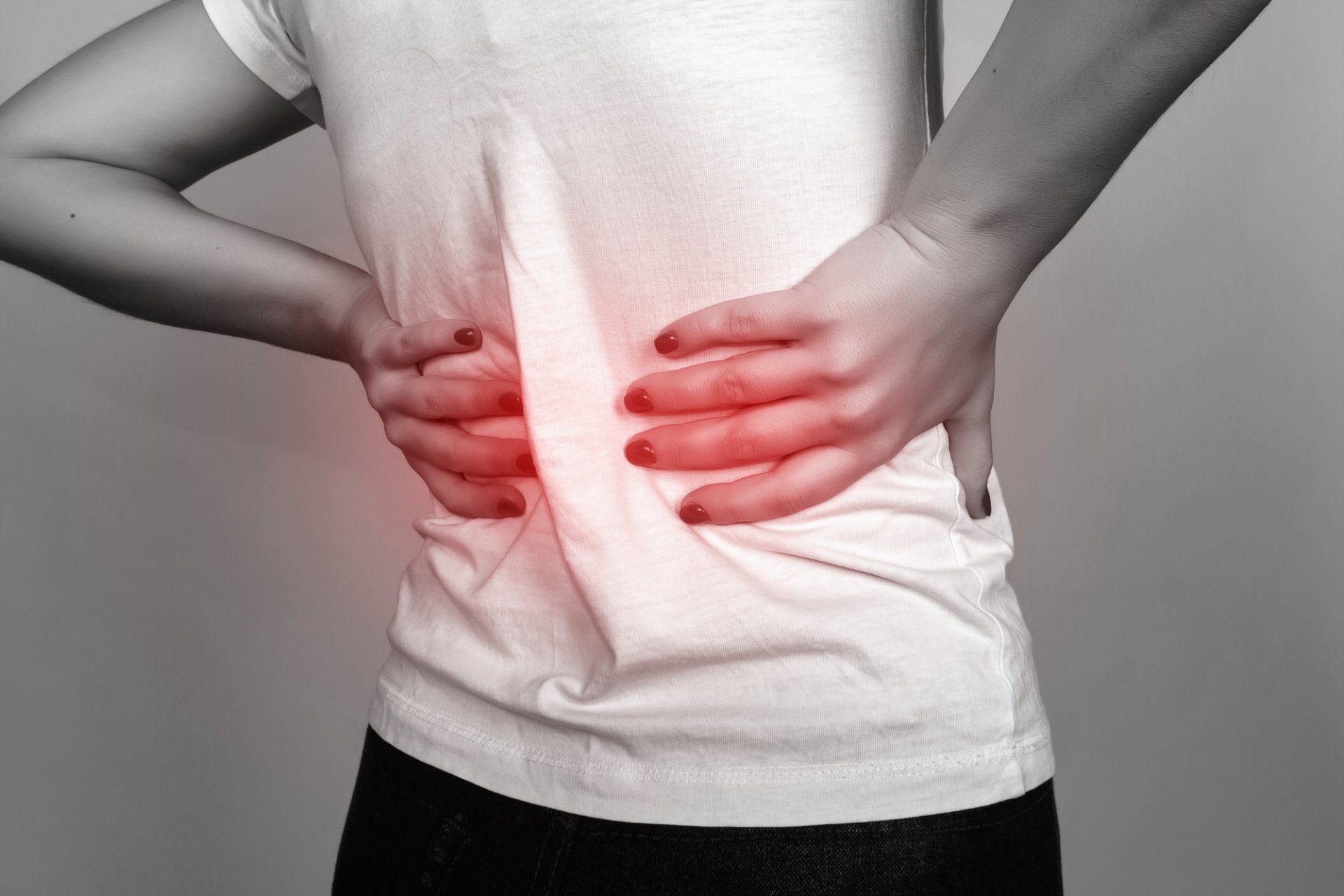Is Neck Tension A Product of Anxiety?
August 26, 2019
Identifying the exact source of neck pain can be a challenge. There are many potential and common causes of neck pain, and while you try to determine the source through all the possibilities, the ongoing pain can be aggravating. In many cases, people are surprised to find that the source of neck pain is not physical, but instead can be caused by stress and anxiety.
Symptoms of neck tension
Your neck will feel tight, sore, painful, tense, and stiff. Most people have described this to be an unrelenting and persistent tension in the back of the neck. Most people tend to roll their necks around hoping that it would relieve the soreness, stiffness, and tension. This tension can also appear in the shoulders, back of the head, and the neck. This can happen periodically, occur frequently, or persist indefinitely. For instance, you may have neck tension once in a while and not that often, or you may feel it all the time.
Causes for anxiety-related neck tension
The stress response is activated if you behave in an anxious manner. This stress response is designed for bringing about specific emotional, physiological, and psychological changes which enhance the ability of the body to deal with danger; to either flee from it or fight with it. That is why we often refer to stress response as the fight or flight response.
This stress response leads to the muscles of the body to tighten in an attempt to protect the body from any potential harm. This is because tighter muscles prove to be more resilient to the damage. This effect of muscle tightening can impact any muscle group or individual muscle in the body. This includes the muscle in the back of the head, neck, and shoulders.
Ways of eliminating anxiety caused neck tension
When this feeling is caused by stress response changes and the accompanying apprehensive behavior, you should calm yourself down as it will eliminate the stress response and consequent changes. You should return to normal and this feeling should subside as your body recovers from the active stress response. You should remember that it may take up to 20 minutes for your body to recover from a major stress response. However, it shouldn’t be a cause for concern as it is normal. When this feeling is caused by persistent stress, you should eliminate the overly stressed state of your body. This will allow you to eliminate the symptoms related to muscle tension which includes neck tension. When your body will be calm and fully recovered, the neck tension will be eliminated. Hence, it shouldn't worry you too much.
You should consider speeding up the recovery process. You can do this by reducing stress, breathing in a relaxed manner, increasing your rest and not worrying about this feeling. Neck tension can be very troublesome and unsettling. But when your body will fully recover from the stress response the neck tension along with other symptoms will be eliminated.
Short-term remedies
There are some short-term remedies as well. Anything which reduces the stress on your body and relaxes you while relieving muscle tension can be of huge help. Some of the remedies are,
- Doing a deep relaxation technique, such as meditation.
- Doing mild stretching exercises.
- Mild to moderate exercise (exercise is an effective stress reducer).
- Having a massage.
- Having a warm bath.
- A heating pad on the back of the neck (heat reduces muscle tension).
- Sore muscle ointment.
- Using pain relievers.
The Takeaway
While reducing anxiety can be somewhat difficult, managing the associated neck pain can be a bit easier. Proactive measures can range from lifestyle changes to the use of simple heating pads. Before we can manage the pain, we must first understand the cause of the pain.
We specialize in finding and eliminating the root cause of your ailment, not just treating the symptom. Contact us
today to see how we can be a part of your health and wellness
journey.
Recent Articles

Now that you know the top tips for finding a great chiropractor in St Petersburg FL, it's time to book an appointment. Here at Unified Chiropractic, we want to help you live a pain-free life.
If you're local to the Northeast Saint Pete area, you're more than welcome to come in to meet us face-to-face. We'd love to discuss your healthcare goals with you!
Blogs and Articles

Now that you know the top tips for finding a great chiropractor in St Petersburg FL, it's time to book an appointment. Here at Unified Chiropractic, we want to help you live a pain-free life.
If you're local to the Northeast Saint Pete area, you're more than welcome to come in to meet us face-to-face. We'd love to discuss your healthcare goals with you!










